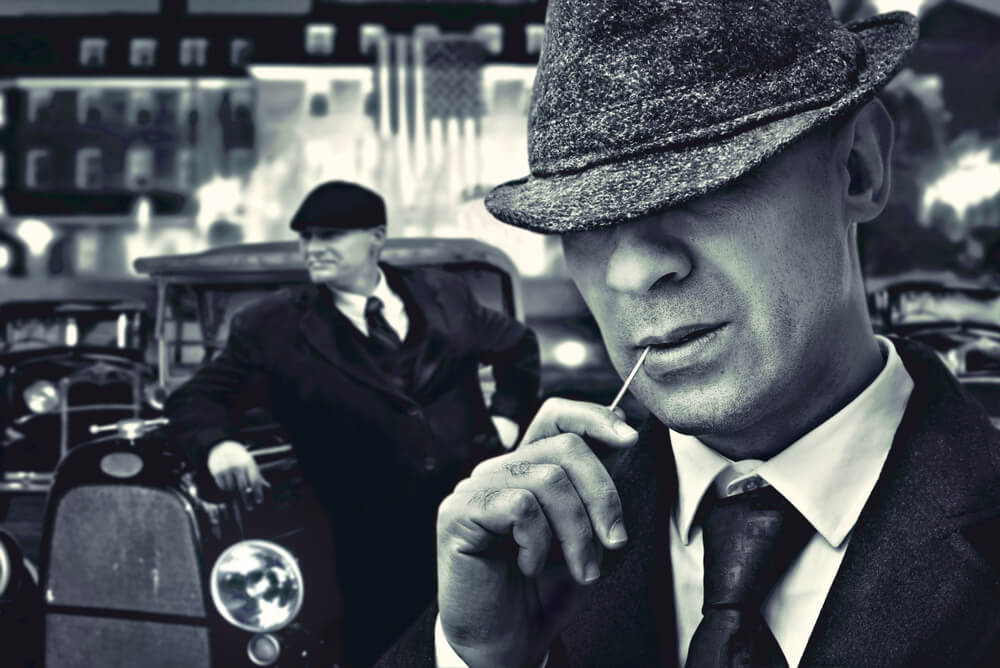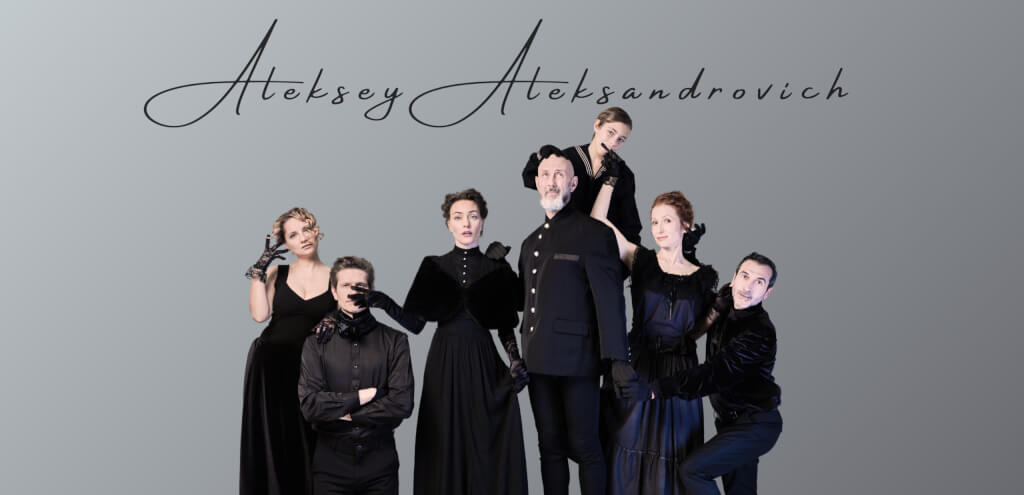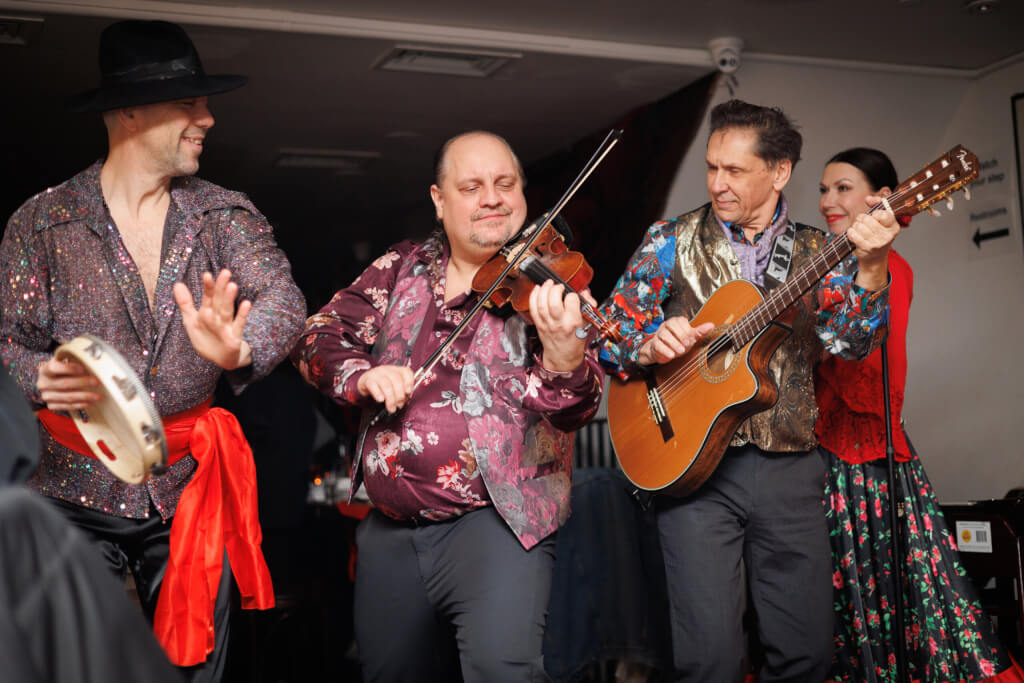How Belarusian Jew Meyer Lansky became the crime king of New York
'21.05.2021'
Olga Derkach
Meyer Lansky is one of the most successful gangsters in US history. He was born into a poor Jewish family, moved to America and built a gambling crime empire. Unlike his colleagues in a dangerous business, he did not go to jail, did not die in a showdown, but lived to a ripe old age. Meyer Lansky's prototype is featured in Once Upon a Time in America, The Godfather, and Boardwalk Empire. More about the life of a gangster told the publication BIG Picture.

Hell's Kitchen
Meyer Sukhomlyansky was born in the Belarusian town of Grodno. In 1911, Meyer was 9 years old, and he and his mother sailed on the Kursk steamer to distant America, where his father had already lived for 2 years. Upon arrival in the United States, the family settled in Manhattan. Due to the difficulty of pronouncing the surname Sukhomlyansky, American customs officials shortened it to the more sonorous Lansky.
Because of the high crime rate in those days, Manhattan was called "Hell's Kitchen". On the streets of the slums, Italian, Irish and Jewish émigré groups fought for power. Meyer also "cooked" in this kitchen, and acquaintances determined a lot in the guy's life. One day the gang, which was a member of Sukhomlyansky, grappled with teenagers from a nearby street.
The fight was dispersed by the police. Meyer was hiding from the cops in the basement with the "enemy" Bugsy Siegel. In the future, he will be called the hottest and most dangerous gangster in New York. The opponents came out of hiding as friends.
At school, high school Italians knocked money out of Jews. One day Meyer was approached by a 5-year-old senior, Salvatore Luciano, nicknamed Lucky, who in a few years will become a legend in the US criminal world. Sukhomlyansky resisted, but the Italians took the money away. Meyer endured the offense, but did not forgive.
A short and seemingly frail Jewish boy watched the enemy and ran into him with a boulder in his hand. Luciano appreciated the boy's bravery, and after this fight, their friendship lasted a lifetime.
From smugglers to mafiosi
Together with his childhood friends, Lansky organized a group that police reports called "Kosher Nostra." They became the prototypes of the heroes of the film "Once Upon a Time in America". The friends were engaged in racketeering and petty theft, but car theft, which by that time filled the streets of New York, became a gold mine. Lansky persuaded his friends Lucky and Bugsy to set aside some of the profits to bribe the police and other general expenses.
On the subject: Haunted Houses, Nobel Laureates, and the Statue of Liberty: A Journey Through New Jersey
In January 1920, the US government banned the sale of alcohol. The next week, 200 underground bars opened across the country. Lansky made huge money smuggling whiskey across Lake Ontario. His business partner was a Canadian Jew and director of the concern for the production of wines, Samuel Bronfman.
After the economic crisis, the positions of Meyer Lansky, Salvatore Luciano and Bugsy Siegel have strengthened. They became the crime kings of New York, with whom all US gangsters reckoned. Even the famous Al Capone was subordinate to them. For his ability to count money, Lansky was nicknamed the Accountant. The police were sure that it was he who was watching the financial affairs of the US mafia.
Gambling king
Since childhood, Lansky was fond of gambling. One day he lost at cards the money that his mother gave him for food. Then the woman did not shout at her son, but simply burst into tears. The father of the family drank and was an avid gambling addict, and Meyer promised himself that he would never gamble again. When Lansky watched the game from the sidelines, he realized that only the one who holds the pot always wins. And the guy began to dream of his own casino.
In the early 1930s, Meyer Lansky realized that the era of bootlegging was coming to an end and decided to invest in gambling. He opened gambling houses in Chicago, Cleveland and Detroit. In 1933, Lansky and Luciano came to visit Cuban President Ruben Batista and, for a bribe of six million dollars, received a patent from him to open and operate all gambling houses on the island.
Together with Siegel, they create a company to build casinos and hotels in Las Vegas. In New York, Lansky opened a network of clandestine bookmakers and gated casinos, which were visited by politicians, businessmen and police officers who did not want to advertise their addiction to the game. Miami also fell into the sphere of influence, where the group opened underground gambling houses.
Protector of the Jews
When Hitler came to power in Germany in 1933, the Nazis were gaining strength in the United States. Already well-known crime leader Meyer Lansky received a call from New York judge Nathan Perelman and said that the authorities were giving unofficial permission to disperse rallies of American supporters of Adolf. Lansky didn't have to ask twice.
On the subject: 5 things that are allowed in New York, but prohibited in post-Soviet countries
Nazi meetings were raided by young Jewish gangsters from the Lansky-Siegel brigades, and Hitler's ideas did not spread in the United States. When most countries imposed a trade embargo on Israel in the mid-1940s, Meyer organized an underground supply of weapons to the Israeli army. After Las Vegas opened in May 1948, Lansky transferred a tenth of the profits to Israel.
Death of the empire
In 1959, the revolution was victorious in Cuba. Lansky personally flew to the island, where he met with Fidel Castro and Che Guevara. The mafiosi set a condition: either casinos and hotels continue to work, or the communists pay compensation. Commandant Che Guevara advised the Jewish gangster to leave Cuba as soon as possible while he was alive.
On Liberty Island, Lansky lost all of his real estate, $ 17 million in cash and earning prospects. The next blow to the underground empire was the closure of a casino in Miami. Lansky has only Las Vegas left. Since the 1950s, Meyer has come under round-the-clock surveillance by the FBI, which has tried to prove his crimes in the financial sector.
Journalists called Lansky "the boss of all bosses." The special services intercepted his telephone conversations, conducted constant searches and traced all contacts. In 1970 he was tired and at 69 he moved to Israel. The United States demanded that the Israeli authorities hand over the mafiosi and threatened to stop supplying weapons.
Meyer Lansky became the only Jew in the history of Israel who was denied citizenship under the law, which made it possible to cancel repatriation if a person was engaged in criminal activity in the country of origin. The fugitive returned to the United States, but the court did not prove his guilt. At the end of his life, the crime king could not travel outside the United States and died in Miami from cancer in 1983.







